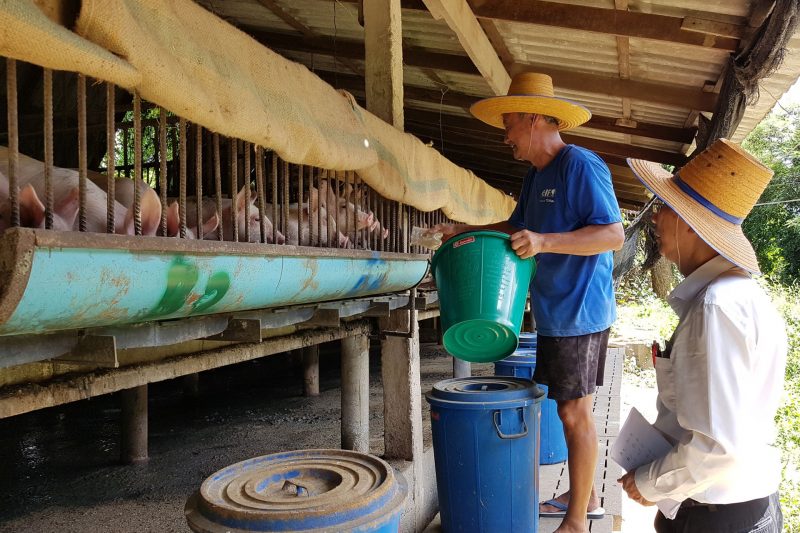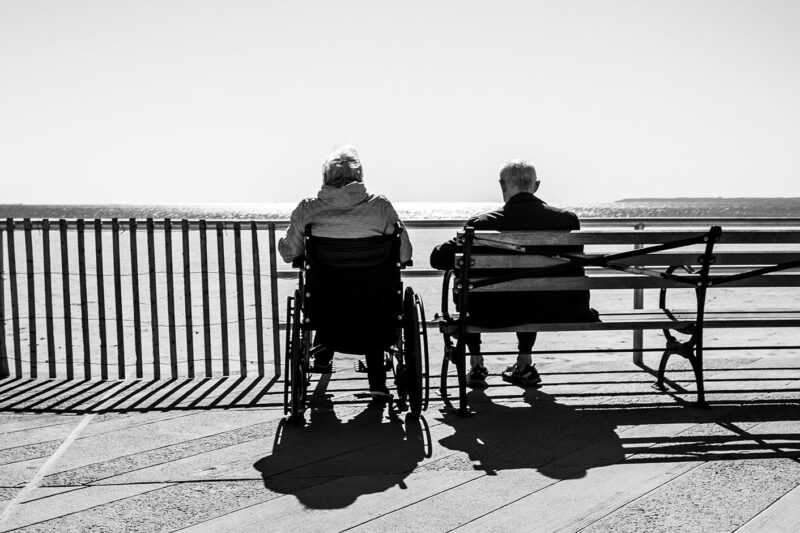Chulalongkorn University Combats Oil Spill Crisis to Protect Thailand’s Seas
Photo by Daniel Olah on Unsplash
Oil spills and their ecological impacts on Thailand’s seas frequently capture public attention when reported in the media. Annual occurrences of oil slicks and tar balls washing up along coastlines and mangroves pose hazards to the environment, marine life, and tourism that cannot be ignored.
Through its research center monitoring oil contamination, the Department of Marine and Coastal Resources (DMCR) has detected 44 mystery spill incidents from 2014 to the present along the Gulf of Thailand and Andaman coasts. 30 of these occurred along the eastern Gulf coast from Trat to Chonburi provinces. Furthermore, the Pollution Control Department found over 10 cases of oil slicks and oiled soil just in 2017-2018 around islands like Koh Samui and Koh Phangan in Surat Thani, beaches in Chumphon, Prachuap Khiri Khan, and Rayong provinces. The inability to identify the origins of these spills and hold responsible parties accountable for ecological damages has prompted action.
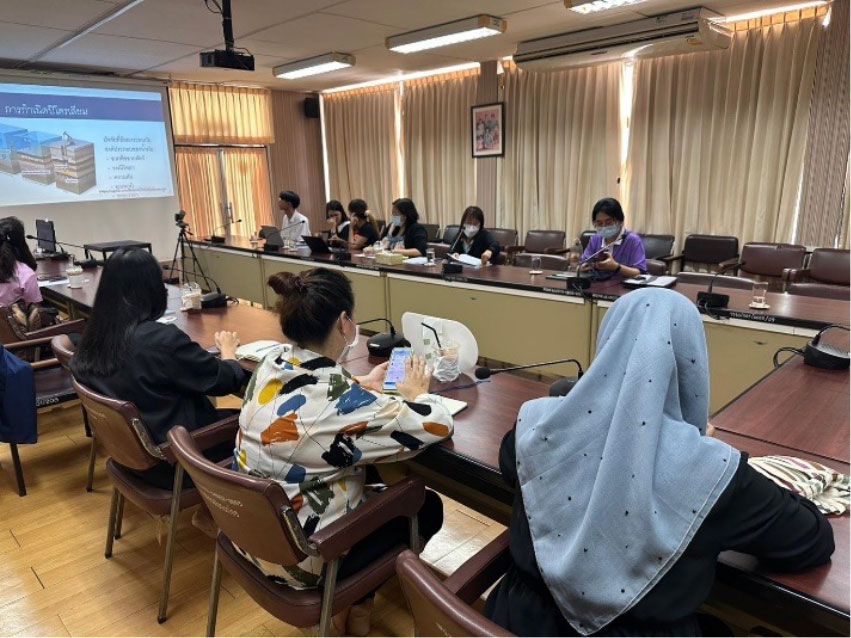
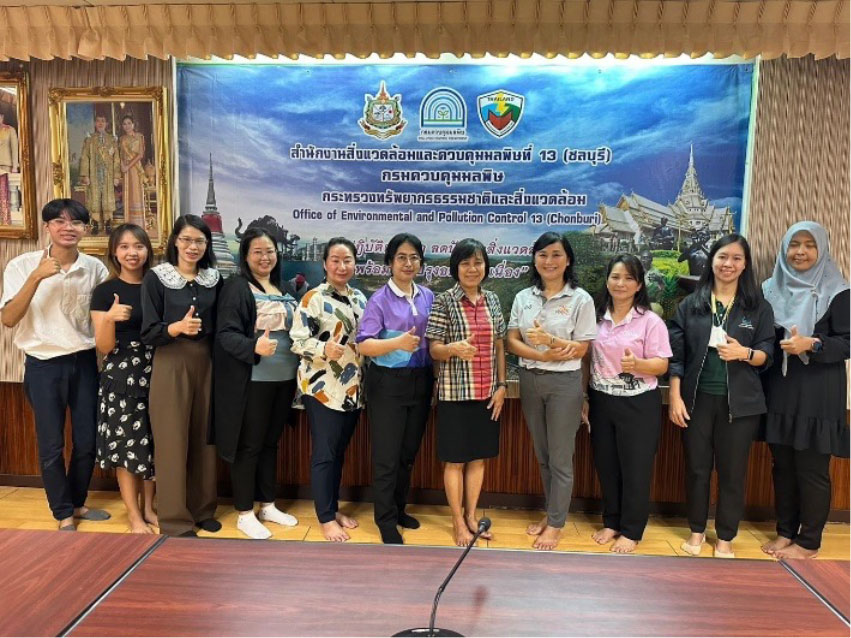
To address this problem, Chulalongkorn University’s Petroleum and Petrochemical College has undertaken projects since 2011 to identify oil spill sources by analyzing biomarkers – chemical fingerprints indicating the type and origin of oils. Asst. Prof. Dr. Siriporn Chongpatiwut explained, “These oil slicks spread across waters, reducing dissolved oxygen levels needed for photosynthesis, altering bacterial decomposition, and accumulating toxins up marine food chains, thereby negatively impacting ecosystems, aquaculture, fisheries, tourism, and public health.”
The oil tar balls’ biomarkers remain stable in seawater and can be accurately analyzed using 2D Gas Chromatography Time-of-Flight Mass Spectrometry (GCxGC TOFMS), the only technique that can effectively separate the complex biomarker compounds and yield accurate results. Therefore, to effectively identify the sources of oil slicks or crude oil, it is essential to have a database of various oil fingerprints and characteristics to compare against.
To prepare Thailand to be able to prove the origins of oil spills, on November 21, 2018, a Memorandum of Understanding (MOU) on the Development of a Crude Oil and Related Petroleum Product Fingerprint Database in Thailand was established between 10 public agencies and private companies: Pollution Control Department, Marine Department, Department of Marine and Coastal Resources, Chulalongkorn University Petroleum and Petrochemical College, PTT Global Chemical Public Company Limited, Department of Mineral Fuels, Customs Department, Ministry of Finance, Naval Operations Center to Protect Thailand’s Maritime Interests, Synchrotron Light Research Institute (Public Organization) and Oil Industry Environment Conservation Association. Chulalongkorn University was given the important roles of oil fingerprint analysis and establishing the big databases as it has the direct expertise and analytical technology.
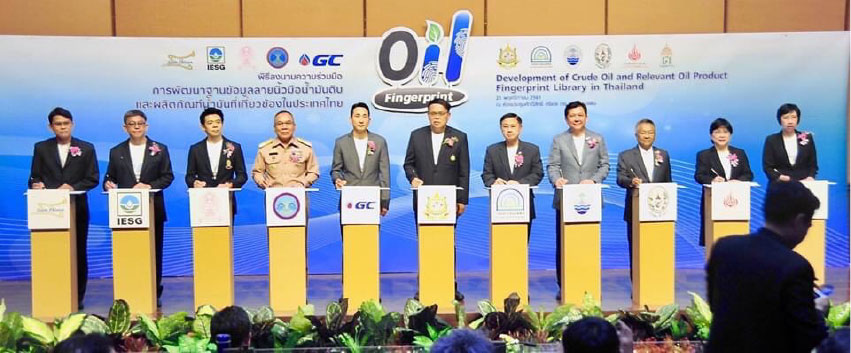
The data will be collected and utilized via machine learning of the 2D-GC oil analysis. Crude oils and related products will be classified using deep-learning artificial intelligence. This identification process significantly enhances the capability to trace illegal dumping incidents and attribute oil spills to responsible parties. Currently, when oil slicks rapidly spread out from a spill site, around 80% of cases have unknown origins due to an inability to characterize and compare the oil fingerprints onsite accurately. The implementation of this database and AI technology aims to close this gap.
Thailand currently imports crude oil from 99 sources around the world through 23 oil companies. Reference samples from these importers are systematically collected and analyzed. The chemical biomarkers in these samples serve as unique “Oil Fingerprints” for each oil reservoir. By comparing these fingerprints against those extracted from oil slicks and tar balls that wash ashore, forensic oil spill investigators can accurately determine the originating source of the spill. This enables tracing the spilt oil back to the responsible party, whether from a particular imported shipment or offshore facility. Continuously expanding Thailand’s database of oil fingerprints and characteristics is crucial to making this tracing process more precise and efficient when new contamination events occur.
Most recently, on February 27, 2023, Mr Pinsak Suraswadi, Director General of the Pollution Control Department, held a training to enhance the capabilities of 220 technical officers in oil spill management from the 10 agencies under this MOU, to update them on the oil movement situation and knowledge regarding oil sources, uses, spill prevention, and solutions when spills occur. Experienced lecturers from Chulalongkorn University’s Petroleum and Petrochemical College, who closely follow oil spill situations in Thailand, conducted the knowledge transfer and training on applying the manual for sampling and analyzing oil, oil slicks and tar balls.
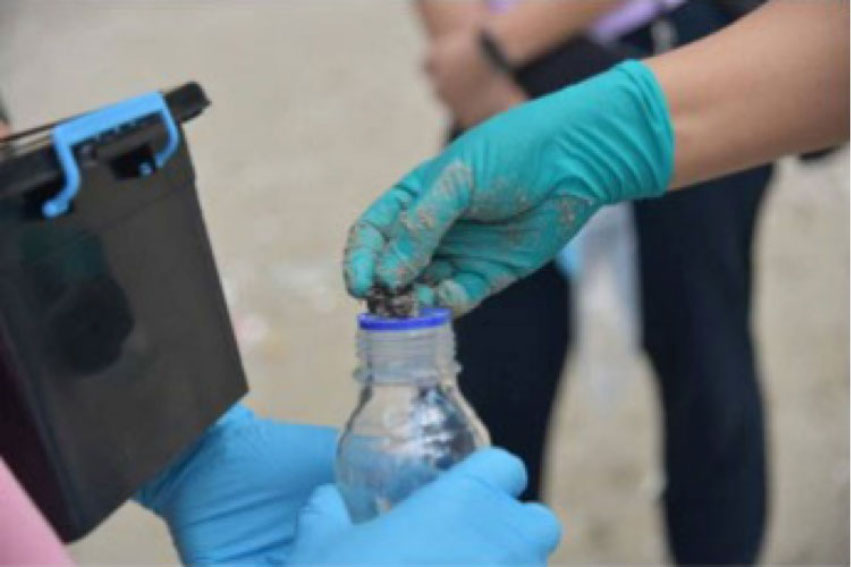
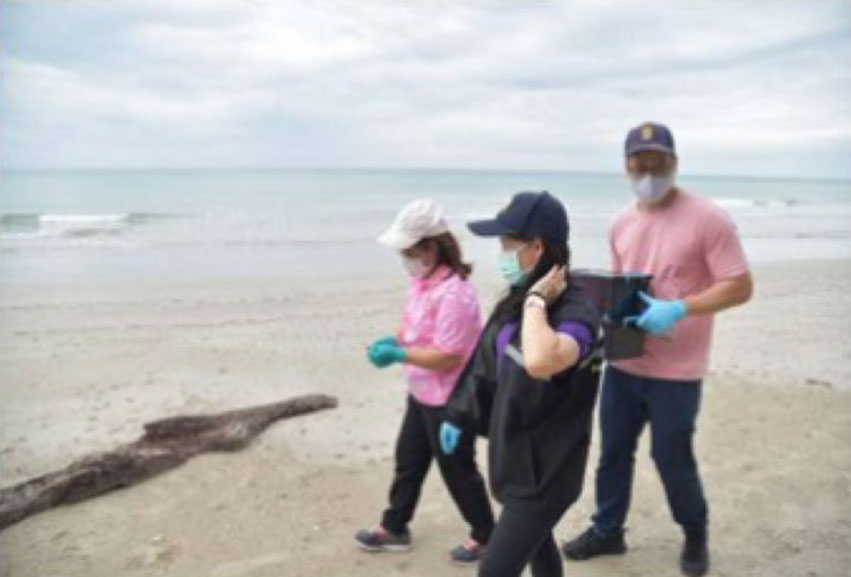
Therefore, having the “Oil Fingerprint” database compiled by Chulalongkorn University has helped build confidence from all sectors and motivated oil operators to manage crude oil and related products in their businesses more stringently. Moreover, preventive plans to avoid repeat contamination of sensitive areas will also help mitigate negative impacts on ecosystems and biodiversity, enable more clear consideration and amendments of related laws and policies, reduce disputes over blame, and more effectively identify responsible parties when incidents occur.
Chulalongkorn University’s efforts continue to build confidence that evidence-based approaches can strengthen environmental protection, improve policies, and promote responsible business practices regarding oils in Thailand.
BY
The Petroleum and Petrochemical College, Chulalongkorn University
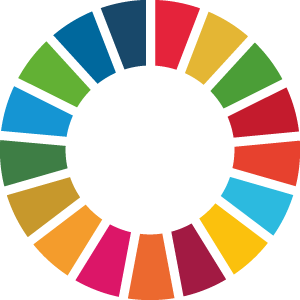
Related SDGs
Others
Pig Raising with Bio-innovation
Chula veterinary professor leads research into natural alternatives to an-tibiotics
Crusading Scholar
Prof Dr Pasuk Phongpaichit researches the dark side of Thai society, sometimes at great personal risk
Chula Launches Siam Innovation Centre
Chulalongkorn University has joined forces with government and big corporations to invest over 350 million baht to debut Siam Innovation District (SID), a new startup and intellectual community center whose goal is to find innovative solutions for the country and its people.

